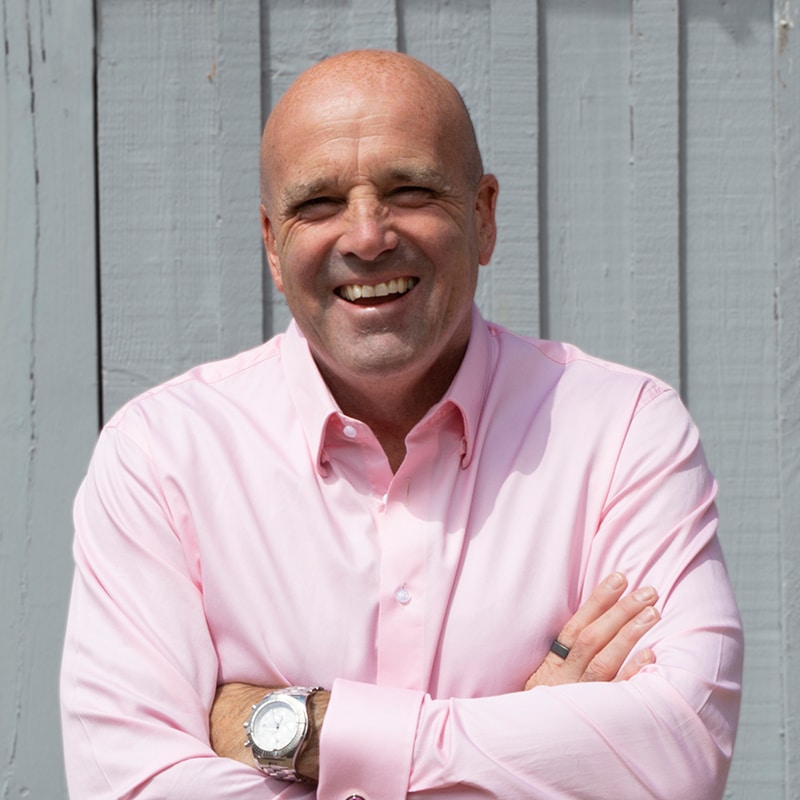2020 Summit Special Re-Empowering Teams, with Brendan Hall
In this edition of our revisits to the sun-soaked Summit last September, we have the brilliant Brendan Hall’s discussion about team empowerment. Brendan uses his experience sailing in the Clipper Round The World Race to illustrate why the best teams have to grow past blame.
We would all love the opportunity for a bit more adventure at the moment, so we’re pleased to be able to bring you Brendan’s leanings from his ten-month experience, we hope you enjoy the virtual adventure. All teams are struggling with challenging new circumstances at the moment – many in the UK are remote working with the possible addition of juggling homeschooling, so here is some fanatic advice on how to help your team pull together even if they can’t be physically together on this adventure.
In this episode
– Decision making against disasters
– Growth mindset
– Choosing to grow is even more challenging with a team
– Lead by example
Re-Empowering the team
Brendan looks back at what he learnt, by focusing on what he realised in the aftermath of a disaster for the sailing team. “This is where I had to step up as a leader, the first time I’d had to deal with something like this, and you know we’d done a bunch of psychometric tests before the race…. you know they’d said your good at dealing with crisis” – he jokes – “But you never really know until you’re there right?!”
He noticed that, as the leader, his emotions were really impacting on those of the team. When he portrayed his struggles negatively to the daily huddle, he noticed the day’s morale followed suit. That is until one of them pointed out the team’s attitude. The jolt forced them to “get their act together”.
Growth mindset
Brendan had a jolt realisation that his team member was absolutely right. They had to stop feeling sorry for themselves. Overcoming a disaster isn’t about the good decisions, bad decisions, or karma, or fate – it’s about what you do with it.
Many companies and teams have a lot in common, Brendan’s race was against identical boats, but what separates them is their ability to handle disasters. “We don’t learn from our experience on its own, we learn from reflecting on our experiences. It’s a deliberate practice”.
Acting in this way is difficult when you need to learn from your own disaster – it’s even worse when you have other people’s opinions, egos and input to consider. No one wants to feel blamed. But the best teams have to sit down and learn together. It’s not about shared trauma its about the openness to constructive communication. Brendan remembers the excellent advice of “we need to make a promise to each other, that we will only learn the hard lessons once”.
Blame
After finishing a disastrous leg of the race 7th out of 10 boats, Brendan hosted a debrief to try and work on the team’s mindset. Emotionally, defences were up. “We go to great lengths to recoil from blame”. To re-set, he gave the team a new value: “In this team, we only use blame in the event of gross negligence or malice, everything else is a learning experience” Then all they had to do was live it, he used his own emotional position to “plant a flag in the sand”. In starting a conversation about how to constructively growing from an experience, he allowed the team to relax and follow suit.
“There’s a hierarchy to speaking up. The higher up you are the easier you think it is to do.”
You have to lead by example when setting your growth mindset – to enable the rest of the team to feel vulnerable. In the end, Brendan’s team came back from the disaster to win the race, but it was the decisions they made in the debriefs that changed the outcome, not the sailing. “It came down to us treating this race as a race of 10 teams not a race of 10 yachts”.
Recommendations
Growth Mindset by Joshua Moore and Helen Glasgow
